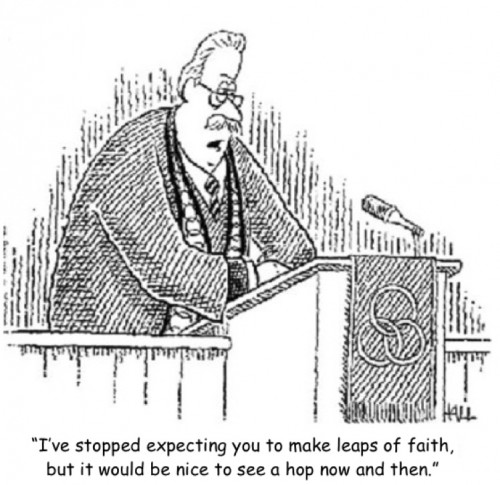Several years ago I was asked by my regional conference to help establish a commission on evangelism. The purpose was to help develop a ministry of evangelism throughout our conference to help us live out the Great Commission. It was a challenge I gladly accepted because (1) I believe that is our primary calling as the church (2) evangelism is my personal life passion.
It was a challenge I gladly accepted because (1) I believe that is our primary calling as the church (2) evangelism is my personal life passion.
Not too long after it was announced that I had taken on this assignment, I received a communication from a good friend and pastor of one of our thriving congregations. “Congratulations and thank you. This is something we have needed for some time. Just one thought. Could you call it something besides evangelism. People get really turned off or frightened by that word.”
Considering the source of that comment, and possessing the overall belief in the importance of what we would be doing–I was dumbfounded. It had never crossed my mind to call it anything but evangelism. (For reasons I will share in a later post, we chose to keep using the word.)
Most Christians care about the eternal destiny of their neighbors and families. Most believe the church should be doing evangelism. Most understand that they are the church. So why don’t more Christians engage in evangelism?
Here are the top two reasons:
1. The fear of offending someone or being rejected. Many of us buy into the cultural idea that religion is a personal matter. We tend to want to belong, to fit in.
2. They don’t know how.



